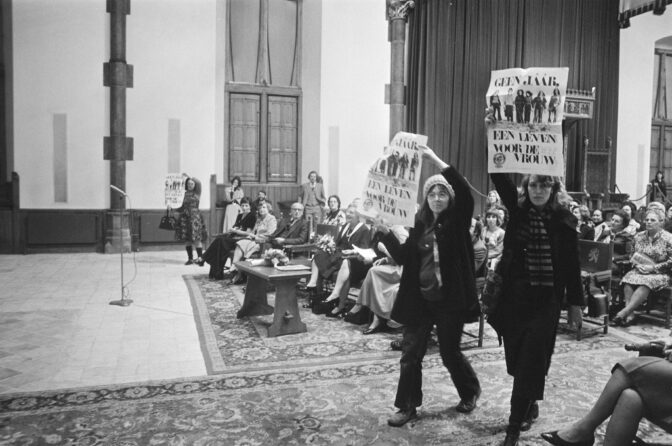While the Netherlands is known for its progressive and tolerant policies, this was not always the case. The country has a complicated history, including periods of religious and political turmoil and persecution of minority groups; some still occuring today.
A few examples:
- Before 1795, only members of the Dutch Reformed church could hold public office.
- In the 1830s, the government oppressed people who had seceded from the Dutch Reformed Church. Seceder ministers would receive fines.
- Until 1863, slavery was legal in the Dutch colonies. The Dutch are estimated to be responsible for 5% of the slave trade worldwide.
- Before 1917, the right to vote was limited to men of means. Men from the lower classes received the vote in 1917. Women followed in 1919.
- Until 1956, married women were represented by their husbands in legal matters. For example, women could only open a bank account with their husband’s permission.
- Between 2004 and 2019, the Dutch tax office used racially biased policies to determine the risk of fraud in childcare subsidies, leading to the unjust reclamation of money from 26,000 parents, affecting 70,000 children. Many went into debt. The resulting stress and homelessness caused parents to lose custody of their children.
When researching your Dutch ancestors, do not assume they had the same rights as everybody else, but study the laws and customs of the time.

Women protesting for more rights, 1975. Credits: Hans Peters, Anefo Press Office, collection Nationaal Archief (CC-0)


When my mother married in 1959 she was fired from her job (tailor). Women were supposed to take care of their husband and future children, and not to work.